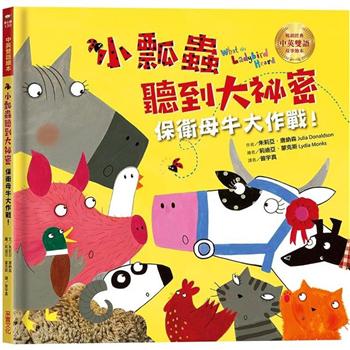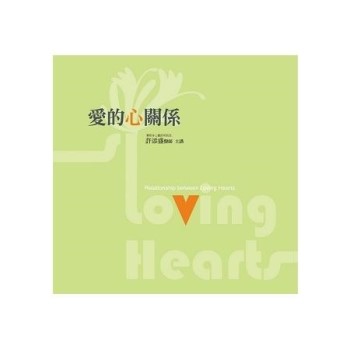Production and supply analysis are core components of applied microeconomics. Taken together with considerations of demand and marketing, production and supply complete the nexus of what comprises modern applied economics.
Lectures in Production and Supply presents the core components of modern theories of production and market conditions from the supply side. Analysis under conditions of perfect information is initially considered to demonstrate key concepts in production. The focus is on applied empirical models of production within an economic context. Production under conditions of uncertainty and risk aversion is then considered in a comprehensive manner. Mechanisms for the management of production risk, particularly to insurance, are then developed in detail.
Household production is also a key consideration in production analysis. Most purchased goods undergo additional production at the household level prior to consumption and this production complicates the analysis of market relationships. The demand for leisure and the concomitant supply of labor and allocation of time are key considerations in household models.
Finally, the multitude of policies that impact market relationships are important to any analytical consideration of market relationships. A particular focus is given to agricultural policies and related markets. The coupling of support mechanisms to production decisions is a key consideration in any policy deliberation. Hence, these mechanisms are given careful consideration within the context of policy analysis.










